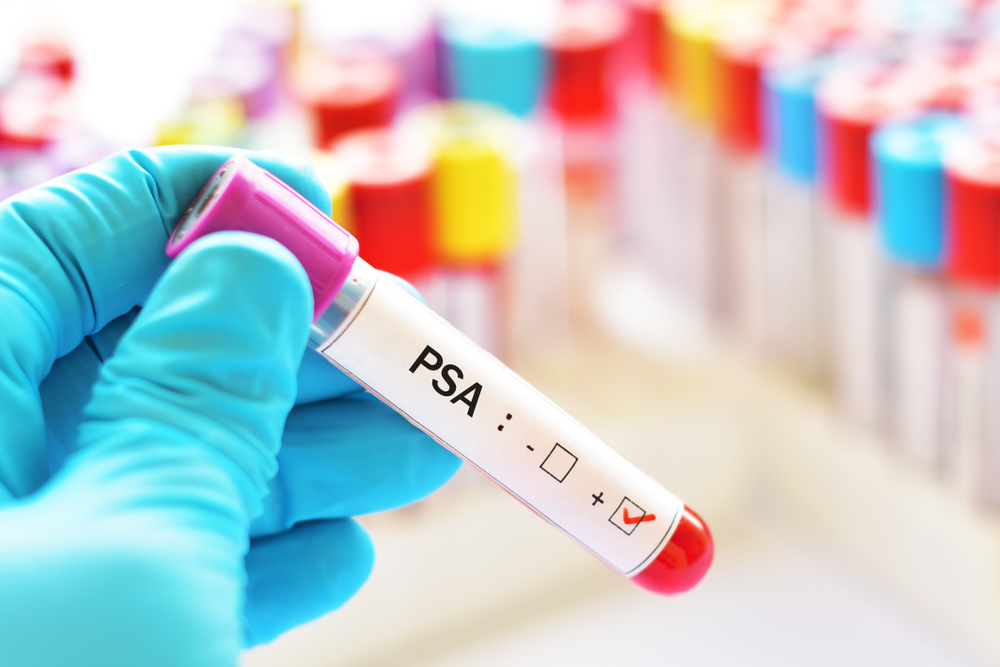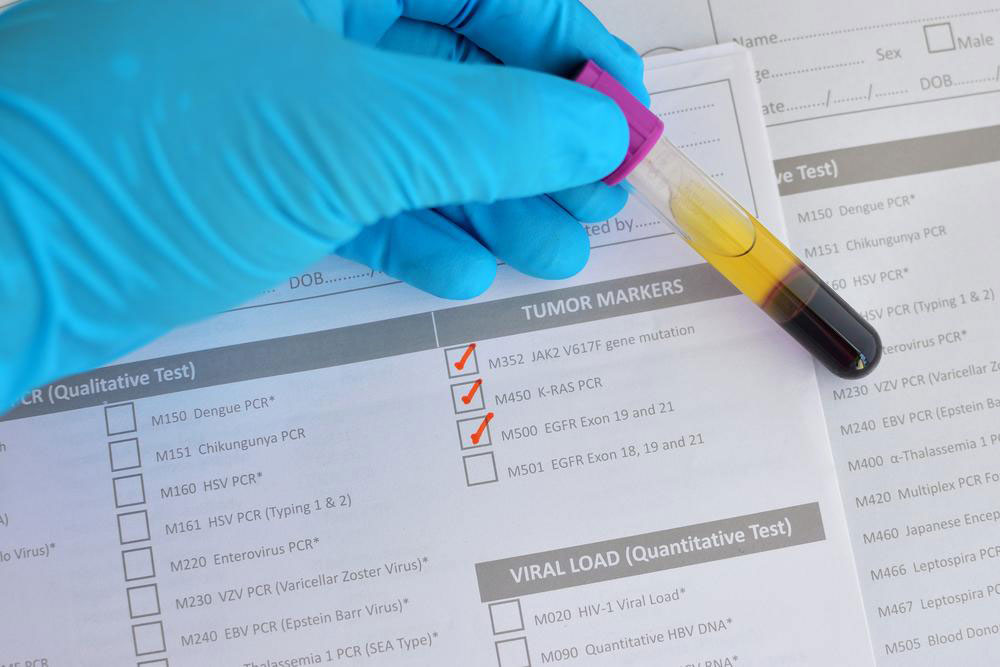Prostate Health Insights: Managing and Lowering PSA Levels Effectively
Learn about PSA levels, their significance, and effective strategies to lower them naturally. Discover symptoms of prostate issues and how lifestyle changes can improve prostate health. This guide offers expert tips for early detection and management of prostate conditions, focusing on healthy habits and medical insights.

Prostate Health Insights: Managing and Lowering PSA Levels Effectively
Understanding PSA levels and how to reduce them
Prostate-specific antigen (PSA) is a protein produced by prostate gland cells, primarily found in semen and blood. The PSA test measures its concentration and is a vital tool for early prostate cancer detection, tracking treatment progress, and checking for recurrence. Approved by the FDA, this test is commonly paired with digital rectal exams for men without symptoms to assess prostate health issues, including cancer.
Here's key information about elevated PSA levels.
How reliable is the PSA blood test?
PSA levels can be affected by multiple factors; elevated levels don’t necessarily mean cancer, as benign prostate enlargement and infections can also raise PSA.
Levels above 10 ng/mL indicate a roughly 50% chance of prostate cancer, but high PSA doesn’t confirm cancer, nor does low PSA exclude it.
Conditions linked to higher PSA levels:
Prostate inflammation or infections such as prostatitis.
Benign prostatic hyperplasia (BPH), a common age-related prostate growth.
Recent prostate procedures including ejaculation, biopsies, or surgeries.
Use of specific medications like hormone therapies or urinary drugs.
Urinary tract infections.
Physical activities such as cycling.
Genetic predispositions or inherited conditions.
Factors that can help lower PSA levels:
Maintaining a healthy weight and avoiding obesity.
Medications like aspirin and cholesterol-lowering drugs.
Prescription drugs such as finasteride and dutasteride for BPH.
Herbal supplements containing phytoestrogens, e.g., saw palmetto.
Tips for quickly reducing PSA levels:
Engage in regular physical activity to help control weight.
Eat tomatoes rich in antioxidants for prostate health.
Choose lean proteins and cut down on processed, fatty meats, and dairy products.
Increase vitamin D intake through foods and supplements.
Drink green tea for its antioxidant properties.
Manage stress using relaxation techniques.
Consume fruits, vegetables, and nuts high in lycopene to combat prostate inflammation.
Add pomegranate to your diet for prostate benefits.
Discuss with your healthcare provider the use of NSAIDs like aspirin for PSA reduction.
Avoid unhealthy foods such as sugary snacks, fried items, excess alcohol, soy products that elevate estrogen, and processed canned foods contaminated with bisphenol A.
Early symptoms of prostate cancer:
Frequent, painful urination and nocturia.
Erectile dysfunction and reduced semen production.
Urinary control issues or pressure symptoms.
Blood present in urine or semen.
Persistent pain in hips, back, pelvis, or chest due to metastasis.
Numbness or weakness in limbs from spinal cord involvement.


